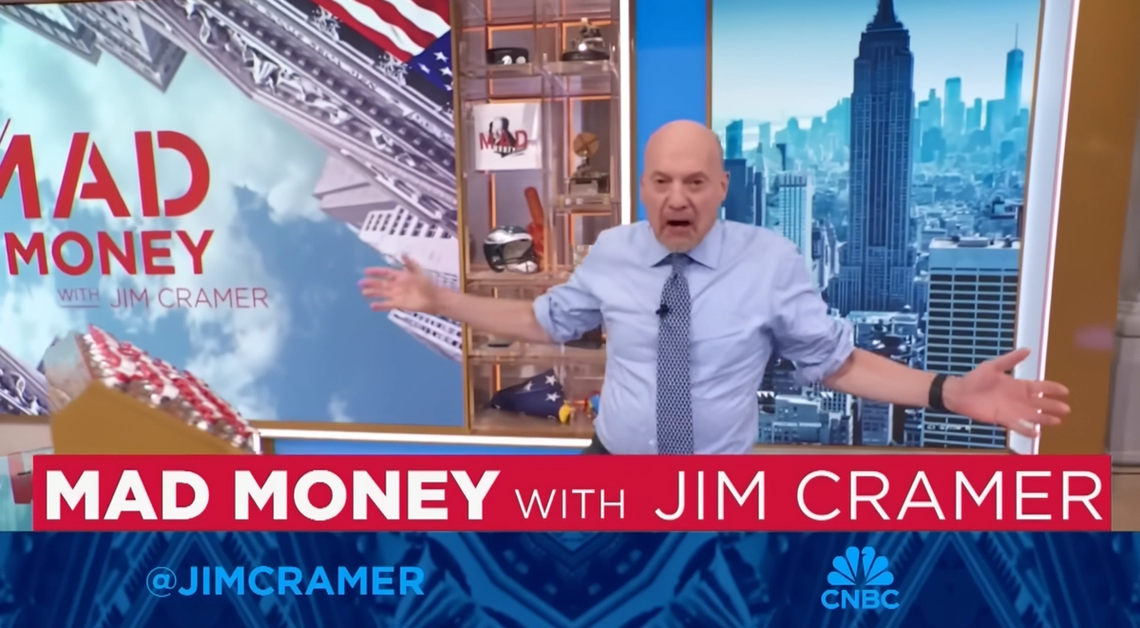 ✰ Hollywood Sebastian Gollnow/dpa Sebastian Gollnow/dpaNuns vs. Döpfner: Netflix’s board is recommending its shareholders vote “no” on a resolution, proposed by the unlikely but persistent shareholder activists among the Mount St. Scholastica Benedictine Sisters, that the company review board members’ compliance with its own code of ethics. It’s a move they say was prompted by “allegations against board member Mathias Döpfner about tolerating abusive behavior by a top manager in his role as chairman and CEO of Axel Springer.” The board responded that it considers diversity in appointing board members, and that “each of our directors continues to meet these standards.” ✦ MarketingUnfashionable: New York Fashion Week is losing its central location. Two people familiar with the move confirmed that September’s New York Fashion Week would for the first time in years not be concentrated in one high-profile primary venue. In recent years, the main event has bounced between locations, from Lincoln Center to Spring Studios, and most recently settling in at the Starrett-Lehigh Building. One person familiar with the move said that NYFW, owned by Ari Emanuel’s Endeavor IMG, had struggled to find sponsors. But the company downplayed the role of sponsorship, telling Semafor that it reflects shifting industry preferences and the declining importance of one central venue. ☊ AudioPodcast-shopping: Close readers of this newsletter will know that Ben’s a fan of The Rest Is Politics, and we’ve heard chatter that its parent company, the U.K. podcast powerhouse Goalhanger, has been talking to investors. Popbitch reports that Jeff Zucker’s RedBird IMI may be in the mix, hearing that it’s “one of the outfits he’s been sniffing around.” A Zucker spokesperson said he hadn’t been aware of Goalhanger. But he could do worse, and has: The producer of the massive Rest Is History, Rest Is Football, and Empire shows is probably a better business than the Telegraph. It does seem to have more juice in London these days. Going Public: An investing platform is planning an expansion of its editorial arm. Public, a retail investing company, will announce on Monday that it is launching the Public Media Network and bringing on Axios’ senior business reporter, Hope King, as a host of a new show, Leading Indicator. The company will also announce on Monday that it is rolling out a new podcast, The Rundown, hosted by TikToker Zaid Admani. Public — which told Semafor its podcasts have often hit the top of Spotify’s podcast charts, with millions of downloads — has been releasing content through its editorial arm since 2021, when it began publishing newsletters and posting financial news and analysis on YouTube, Instagram, and Twitter. It’s another example of retail investing companies beefing up their editorial offerings to complement their investing business. Earlier this year, Robinhood launched Sherwood News, a high-profile new finance and business news site.  Inside their heads: Professional athletes are increasingly sharing post-game public therapy sessions. As Semafor’s Senior NBA Podcast Correspondent, I noticed in just the last week, there were at least four new episodes from player-hosted basketball podcasts in which athletes ruminate on why they’ve fallen short. On Wednesday, Lakers star LeBron James dropped the latest episode of his YouTube show Mind The Game. Alongside co-host JJ Reddick (who appears to be using the podcast as an audition to be the next Laker coach), James broke down how the Denver Nuggets beat the purple and gold in the playoffs. On his podcast, Clippers all-star wing Paul George unpacked how his team needed to improve for the next season to get out of the first round. Earlier this month, podcast host and Milwaukee Bucks guard Patrick Beverley used his bi-weekly Barstool Sports podcast to apologize for going off on a fan during the team’s playoff loss, while for the second season in a row, Golden State Warriors big man Draymond Green took to his podcast in the days after his team was eliminated to explore why the Warriors weren’t able to make a deep playoff run. And if the Denver Nuggets are eliminated from the playoffs this week, fans can surely expect to hear what went wrong on power-forward Michael Porter Jr.’s podcast, which he’s continued to host throughout the playoffs. — Max ⁛ News Big Mad: The American Economic Liberties Project, a left-leaning anti-monopoly nonprofit, on Sunday launched a tracker of Mad Money host Jim Cramer’s criticism of FTC chair and antitrust hawk Lina Khan. In a release first shared with Semafor, the group said that it was frustrated by the CNBC host’s frequent rants against Khan and what it perceives as hypocrisy: Cramer, the group says, has been much more restrained in his comments about Jonathan Kanter, the primary antitrust lawyer at the Department of Justice, who Cramer says is a “heavyweight” and a “rigorous thinker.” ⁋ PublishingThin skin: Italian Prime Minister Giorgia Meloni sued the novelist Roberto Saviano for libel after he called her a “bastard” over a migrant death. He was on stage in Turin Friday with Salman Rushdie, who suggested Meloni “grow a thicker skin” and “grow up.” | 









